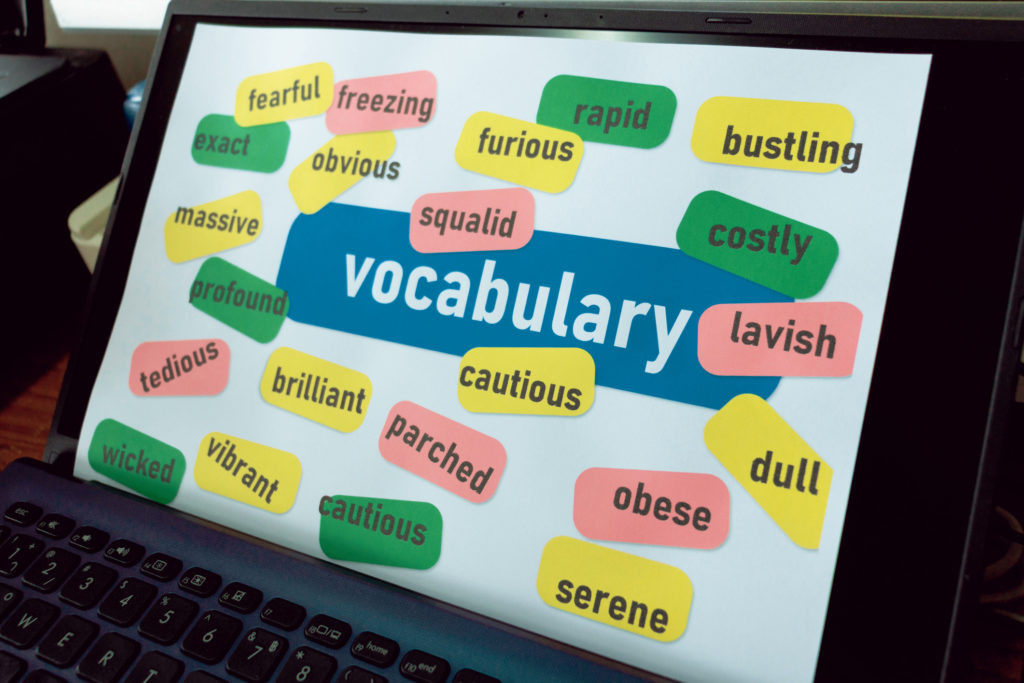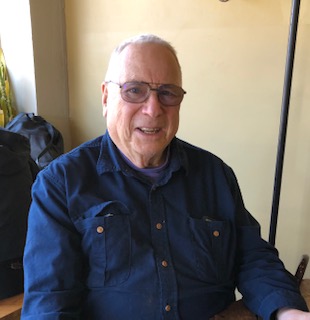Opinion: Camus And The Town Council

Photo: istock

As the Amherst Town Council prepares to go on a public “retreat” to look at itself and how it conducts its affairs, I hope it will consider the words of Albert Camus, the great French writer, thinker, and activist. During the early 40s, as much of France was occupied by the Nazis and most of the rest controlled by the collaborationist Vichy government, Camus was active in the French resistance and was the pseudonymous editor of the underground newspaper, Combat. When the Nazis were defeated and the occupation ended Combat continued as the voice of the non-Communist and non-Christian progressive left and Camus could write in his own voice. In an editorial dated September 1, 1945, as General de Gaulle was attempting to form a new government and the French were trying to decide how to deal with the collaborationists, Camus was advocating dialogue among the various factions. “We tried. . .to engage in dialogue with the Communists. . .we received no response. . .We then tried to engage in dialogue with the Catholics, or at any rate with one Catholic, M. Francois Mauriac. . .the exchange got off to a good start [but] ended when M. Mauriac wrote an article in a tone that reduced us to silence.”
And then Camus said, “We did not conclude from these experiences that others were making dialogue impossible. We concluded, rather, that we had yet to find the words needed to bring us together, words that would have united us without requiring us to renounce our differences.”
At any level of human interaction finding such words seems to be close to impossible. Marriages break apart not because spouses disagree but because they have failed to find the words which would allow them to disagree amicably. Governments threaten to collapse not because their members disagree but because they do not know how to disagree. Power, distrust, suspicion, tribal sentiments all get in the way of useful disagreement.
Disagreement becomes useful when each party can articulate the position of the other party. Dialogue becomes central to democratic governance when it allows each party to say “I believe such-and-such to be true, but my belief may be mistaken.”
There are risks to dialogue. It may be that the parties may agree to a compromise that pleases no one. That’s what happened in Amherst in 1993 with the first Charter Commission. On that panel, John Eysenbach was the highest vote-getter and I was the second-highest vote getter. Our positions were as diametrically opposed as it was possible to be. John was eager to get rid of Town Meeting and I was eager to preserve it. But both of us realized that we represented substantial segments of the town’s voters and that there would be great discontent if either of us prevailed. (More members of that commission supported John’s position.) That commission crafted a charter proposal which retained a smaller town meeting subject to greater checks and constraints. There was great discontent. As often the case with compromises, both sides, town meeting supporters and opponents, felt unheeded and unappreciated. We have seen that happen with the Town Council as well.
Camus ended this section of the editorial with this: “Despite our provisional failure, we remain convinced that this country and this world cannot be saved until they find the right words, the right vocabulary.”
I offer that thought to the Town Council as it engages in self-examination. Find the right vocabulary. To my mind, the right vocabulary would encourage all parties to:
— assume the integrity and collaborative intent of your adversaries,
- convince your adversaries not that you are right but that you understand their position.
- ask your adversaries what in your proposal they could agree with.
- invite your adversaries to let you know their “bottom lines,” those aspects of their motions or proposals that they are unwilling to abandon or change.
- see what’s left that could be the basis of a mutually agreeable way forward.
Disagreement is the bedrock of democratic governance. Disagreement requires that people hold strong beliefs but be willing to examine and modify them. I hope that the Amherst Town Council will discover the words they need to allow this to happen.
Michael Greenebaum was Principal of Mark’s Meadow School from 1970 to 1991, and from 1974 taught Organization Studies in the Higher Education Center at the UMass School of Education. He served in Town Meeting from 1992, was on the first Charter Commission in 1993, and served on several town committees including the Town Commercial Relations Committee and the Long Range Planning Committee.

You had me at the mention of Albert Camus, Michael.
Michael,
Thank you for your thoughts on language and vocabulary. It resurrected for me two pieces I read on the “language of peace” when I was just getting started as a professional anthropologist. One, by linguist Susan Gal, looked at the language used within the Pentagon and how it lacked the vocabulary that enabled folks who worked there to really engage in discussions about peace. The institution was oriented toward war and conflict and the everyday language of the place reinforced that. The other was a book entitled something like The Language of Peace by an Israeli political scientist whose name I can’t remember and the book is missing from my bookshelf and given that it’s probably 40 years old is probably long out of print. But the point of the two publications was similar – language doesn’t just reflect our reality, but actively shapes it. A language rich in the vocabulary of peace helps to shape a peace – makes it imaginable – intellectually tangible. A vocabulary of cooperation would have similar impacts in fostering a society based on mutual aid, compassion, etc…
I wonder how much we actually have the vocabulary that we need, and how much the vocabulary that we have obstructs our capacity to take the perspectives of others – which is something that you are calling for. We used to purposefully teach active listening and perspective taking in my leadership programs at Umass – and it was a challenge to help students get skillful in these tools of engagement. And that was before MAGA and the extreme polarization of politics that has happened nationally as well as locally. I think that your exhortation to listen empathetically could enable our town government to become problem solvers and productive legislators. But I fear that the factor of power imbalance gets in the way and some of our town councilors understand that they have the council in a stranglehold and that their power is really beyond challenge and so they likely reason – why should be collaborate with those who are just in our way? And they proceed to deal ruthlessly with those who they see as obstacles – a body which it seems these days encompasses anyone who dares to even question the decisions that they have made without much public input.
One of the reasons to learn to take the perspectives of others is that it may alert us to our own blindspots including a failure to consider the impacts of our decisions on folks who do not share our position or status, or understanding of the world. The majority of the council has proven to be indifferent, if not contemptuous, of those who are not members of their team – including the must vulnerable residents of our community. Perhaps that contempt will be the beginning of their downfall.
In any case, I always urged my students to think about how we change our vocabulary from one of competition to one of cooperation, from one of individualism to collectivism, from one of indifference and incuriousness to one of interest and compassion. It’s not easy – the language we have at hand shapes the way we see the world. But it is nonetheless useful to think about this. And so thank you for urging us to think about the language that constitutes civic life in Amherst and how we might be intentional in shaping an alternative to it.